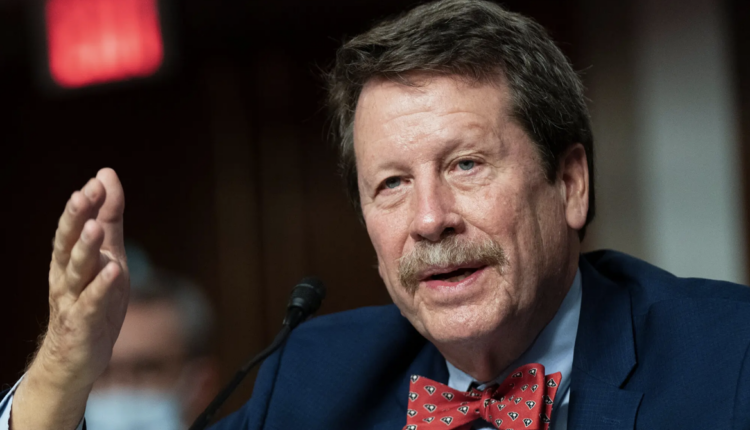
Marijuana Scheduling: FDA Commissioner Calls for Change
The TDR Three Takeaways on the FDA and DEA:
- FDA Commissioner asserts the need to move marijuana from Schedule I to Schedule III to reflect its safety profile compared to harder drugs.
- Growing bipartisan support in Congress, like Rep. Nancy Mace’s efforts, signals a shift towards more logical marijuana regulations.
- Despite the push for change, figures like Rep. Pete Sessions resist due to concerns over abuse potential and youth impact.
This week’s discussions within the USA DEA and FDA, underline the frustrations mounting from the delays of marijuana scheduling and the need for regulatory reform. FDA Commissioner Robert Califf, speaking at a House Oversight and Accountability Committee hearing, argued forcefully that there is no valid reason for the DEA to delay shifting cannabis from Schedule I to Schedule III under the Controlled Substances Act. His comments reflect a significant shift from older, more conservative views to a contemporary understanding that recognizes marijuana’s different risk profile compared to drugs like heroin.
This generational shift in attitudes is evident not only in federal agencies but also in the broader public and political arenas. Representative Nancy Mace’s legislative efforts to reform cannabis laws underscore a growing consensus on the need for a more logical regulatory framework. This is particularly pressing as individual states forge ahead with their own cannabis regulations, especially for medical purposes.
However, not all officials align with this perspective. Representative Pete Sessions has voiced strong opposition, emphasizing the potential for abuse and negative impacts on youth that could arise from rescheduling marijuana. His stance highlights the ongoing divide in Congress, where scientific data and political opinions frequently conflict.
The debate also touches on the regulation of hemp-derived cannabinoids, such as CBD. Oversight Committee Chairman James Comer has criticized the FDA for its failure to regulate these products effectively, pointing out a significant regulatory void that harms consumers and hampers legitimate businesses. This lack of action from the FDA, often blamed on insufficient guidance from Congress, reveals a broader problem of bureaucratic inertia that complicates the establishment of clear legislative directives.
Internationally, the situation is closely monitored by global stakeholders in the cannabis industry, as the DEA’s decisions could influence worldwide attitudes and policies toward marijuana. With the FDA expressing readiness to collaborate with Congress to create a new regulatory pathway for CBD and other hemp products, the urgency for legislative action is apparent. Yet, the timeline for such reforms is still uncertain, given the complex interplay of scientific recommendations, public health considerations, and political feasibility.
The discussions around the DEA’s role in cannabis rescheduling signify a crucial moment in U.S. drug policy. As federal officials advocate for change and some resistance persists, a balanced approach is necessary to consider the potential benefits and public health implications of rescheduling marijuana. The decisions made by the DEA in the coming months will likely have broad implications, highlighting the importance of a well-informed, deliberate approach to cannabis regulation. Want to keep up to date with all of TDR’s research and news, subscribe to our daily Baked In newsletter.



